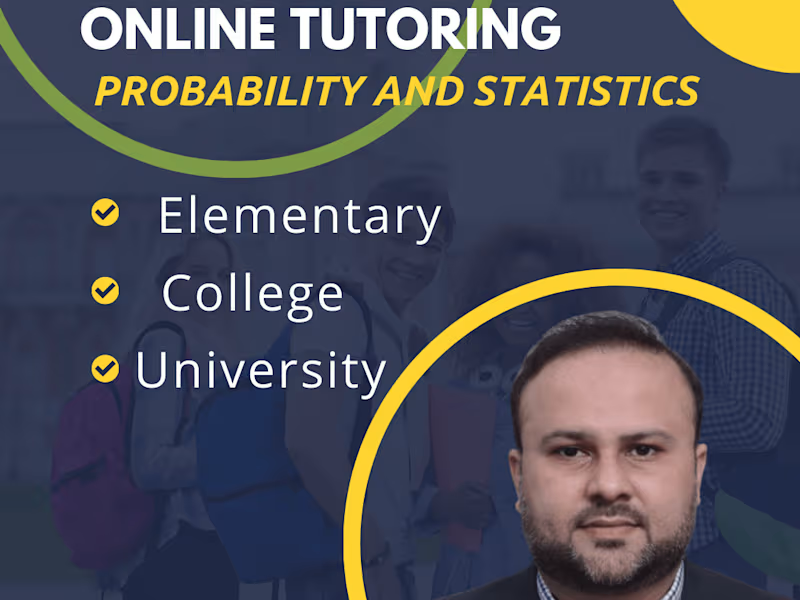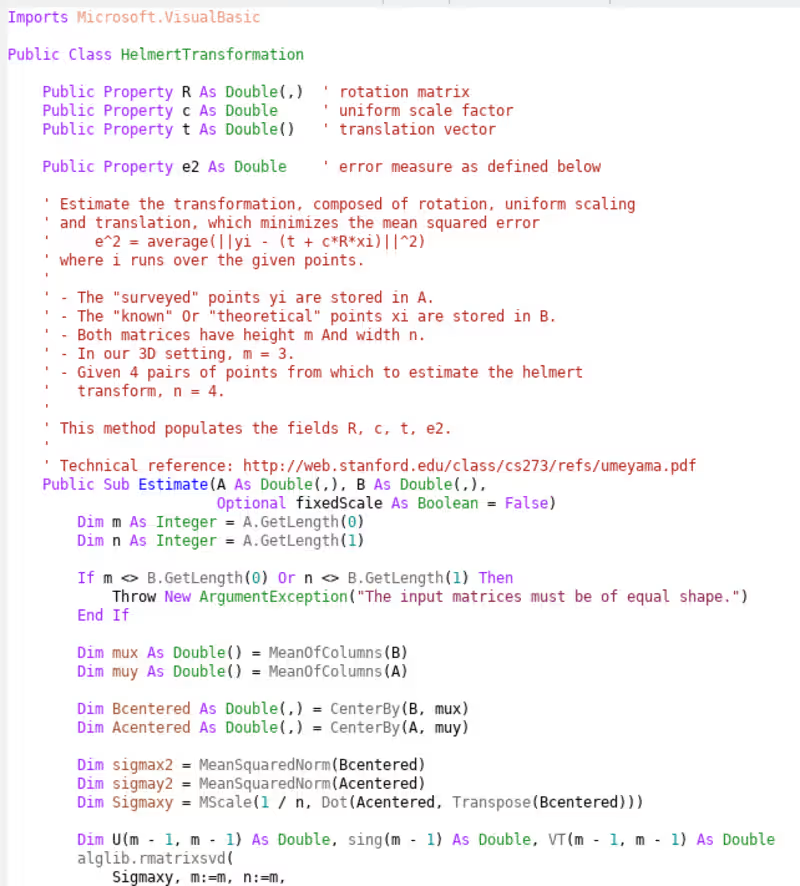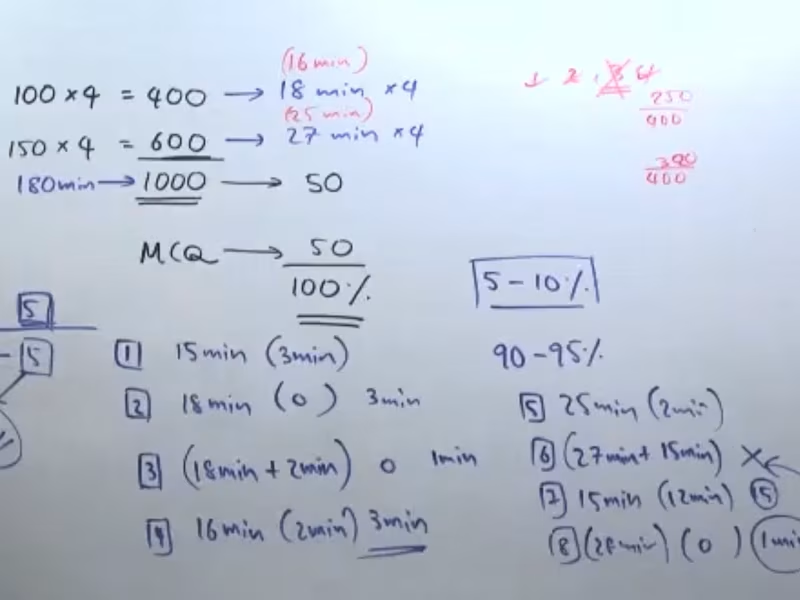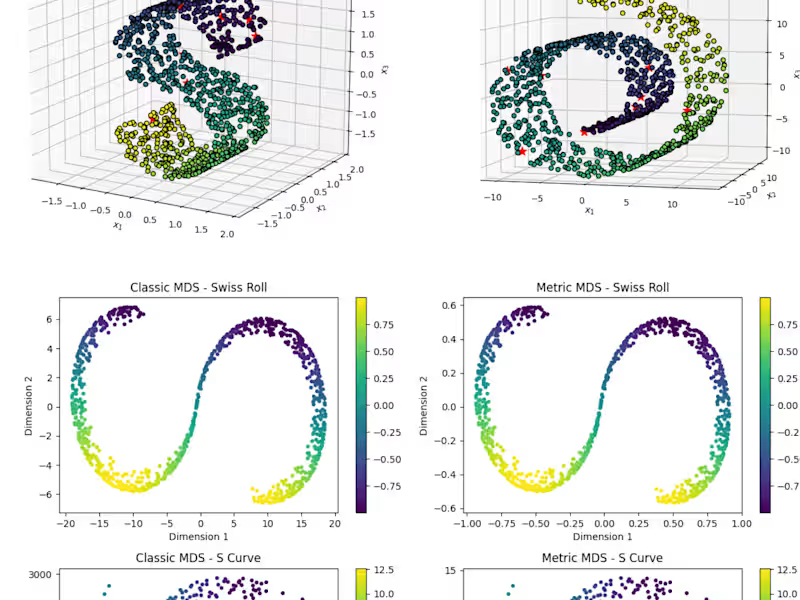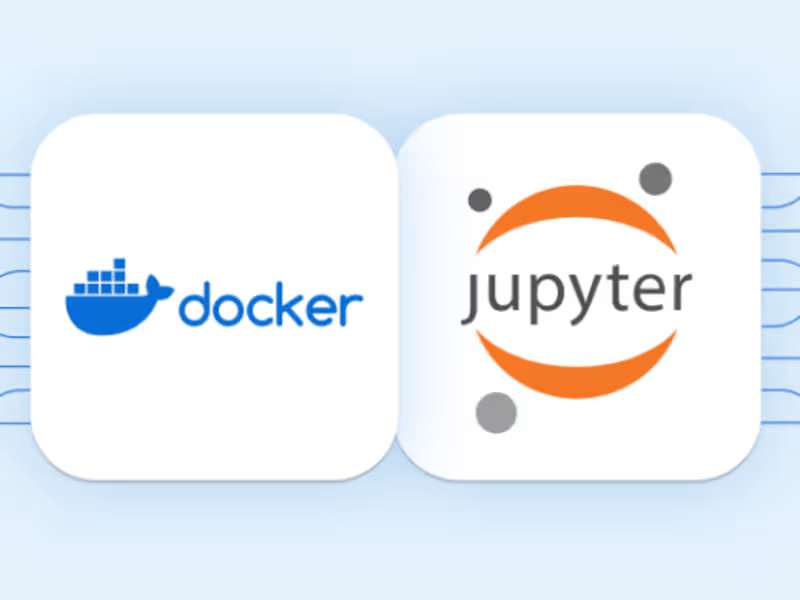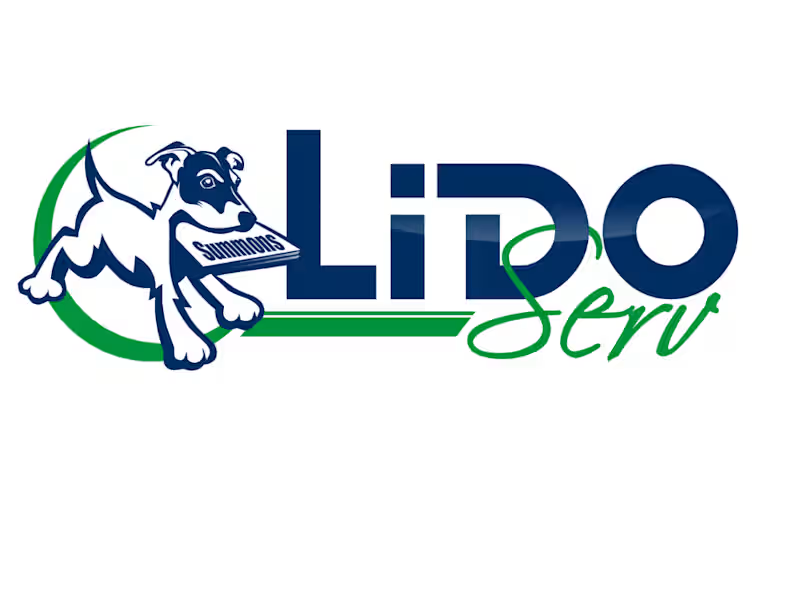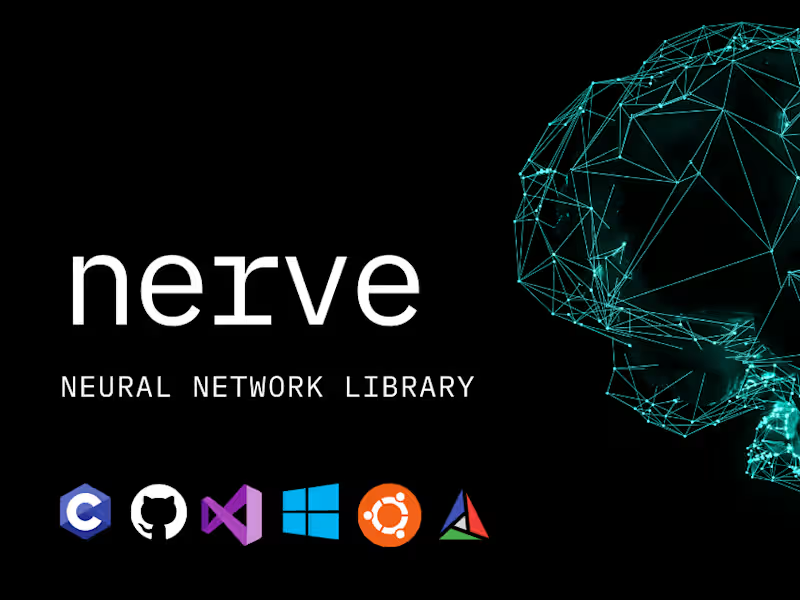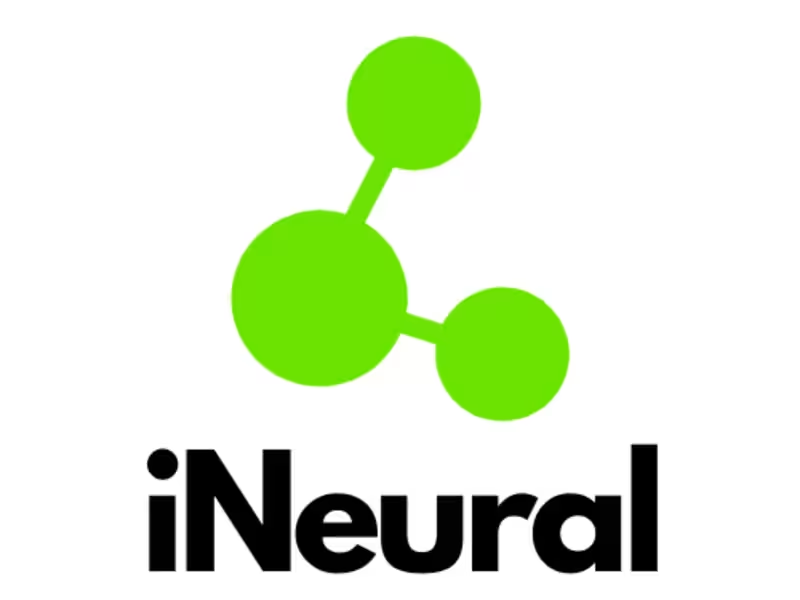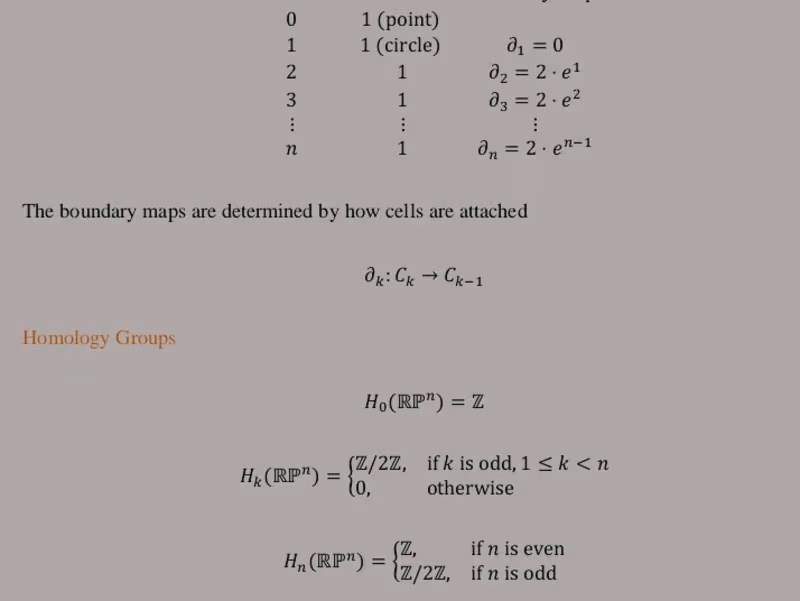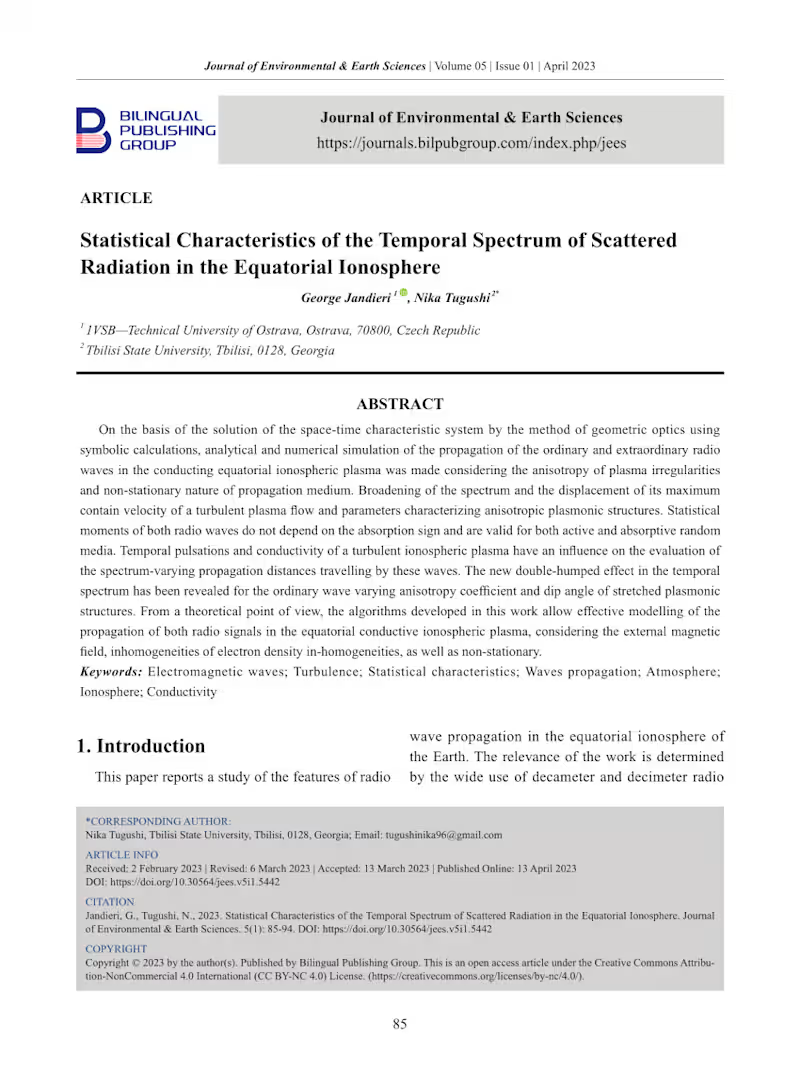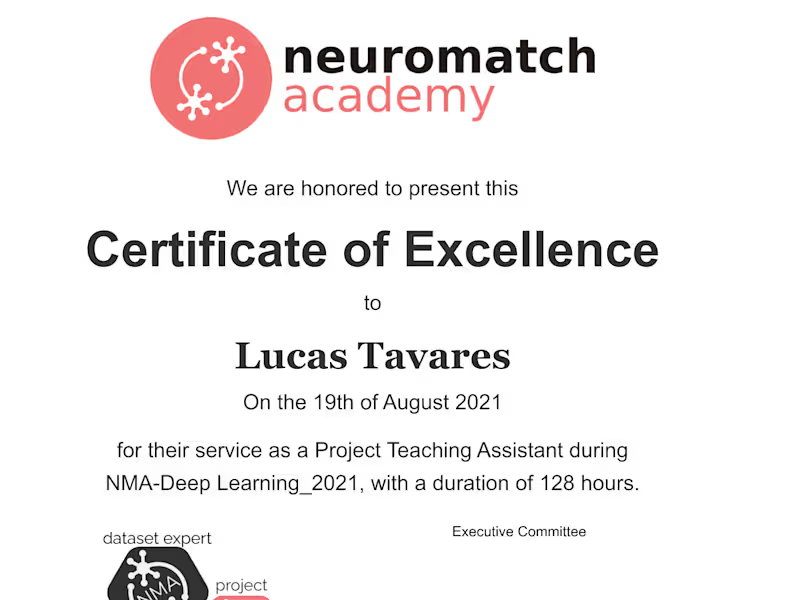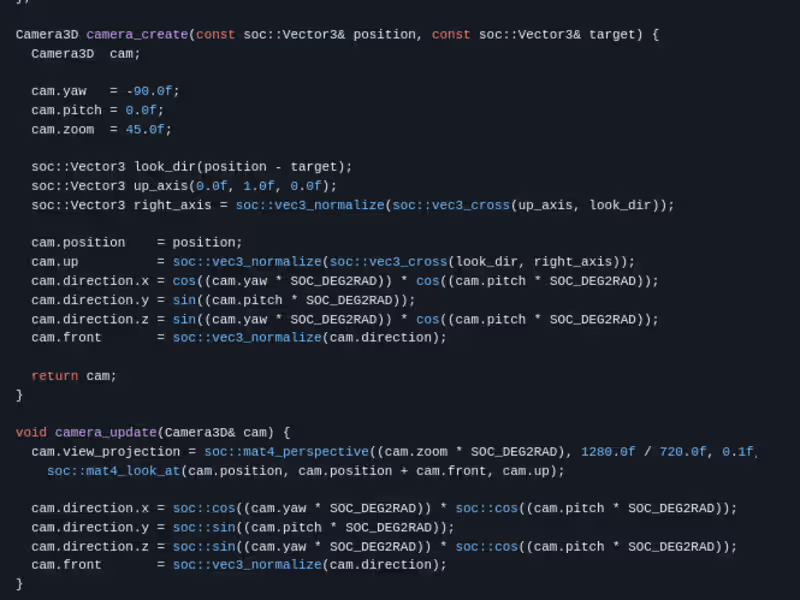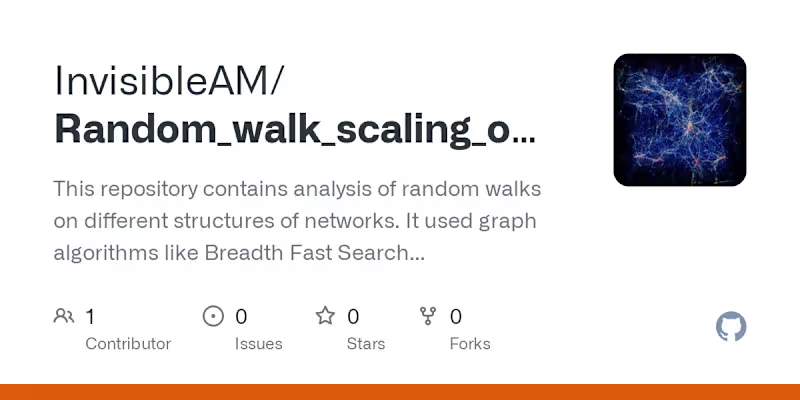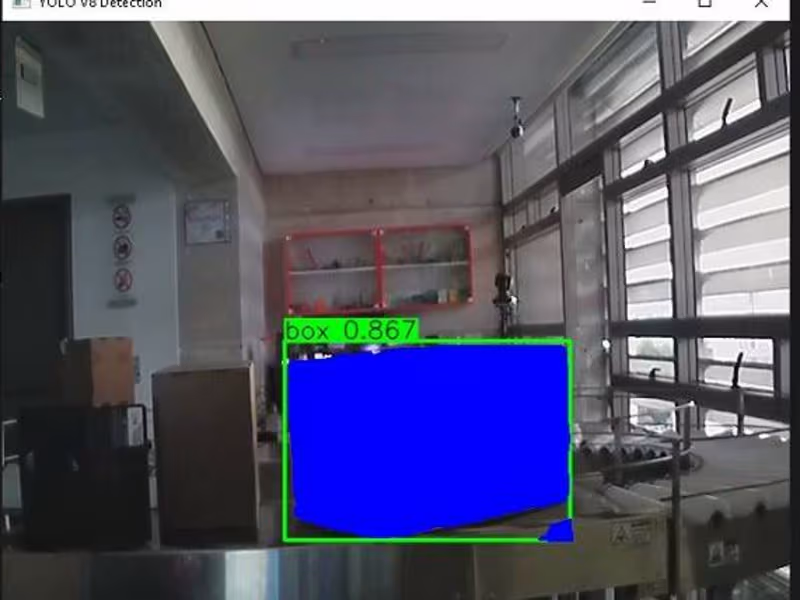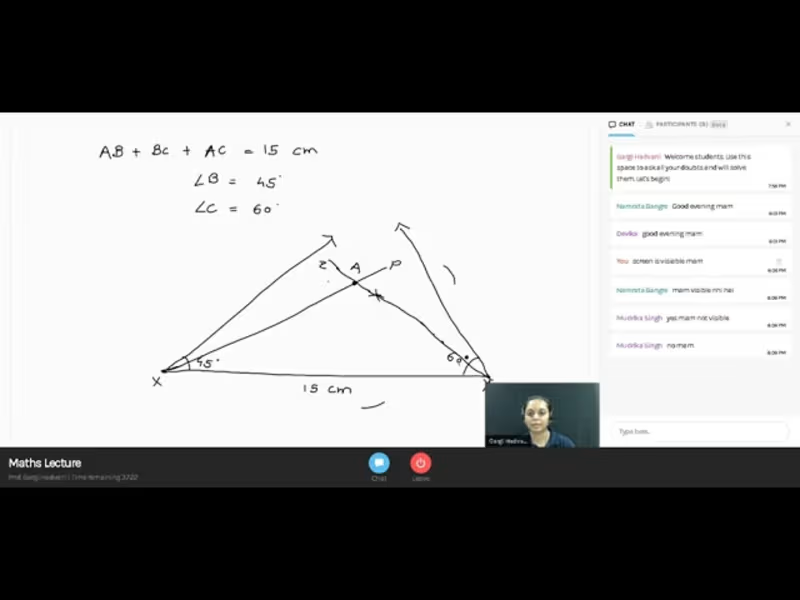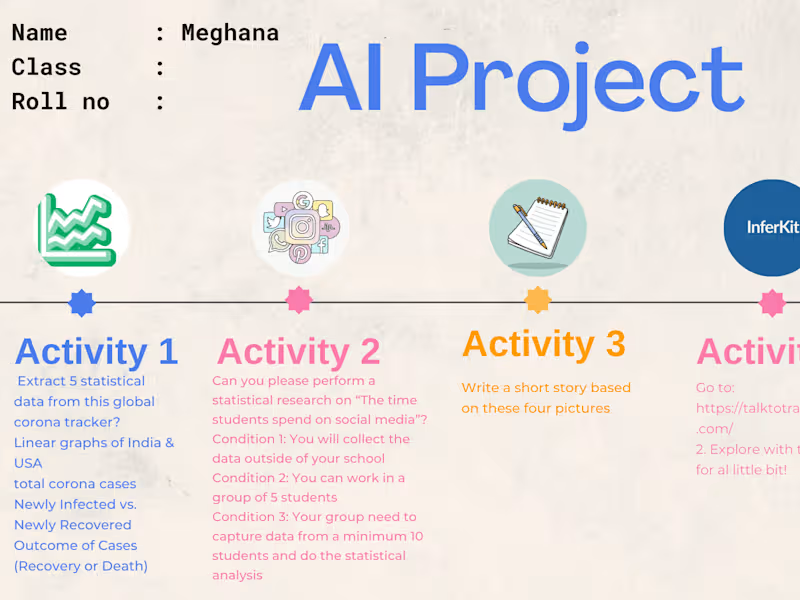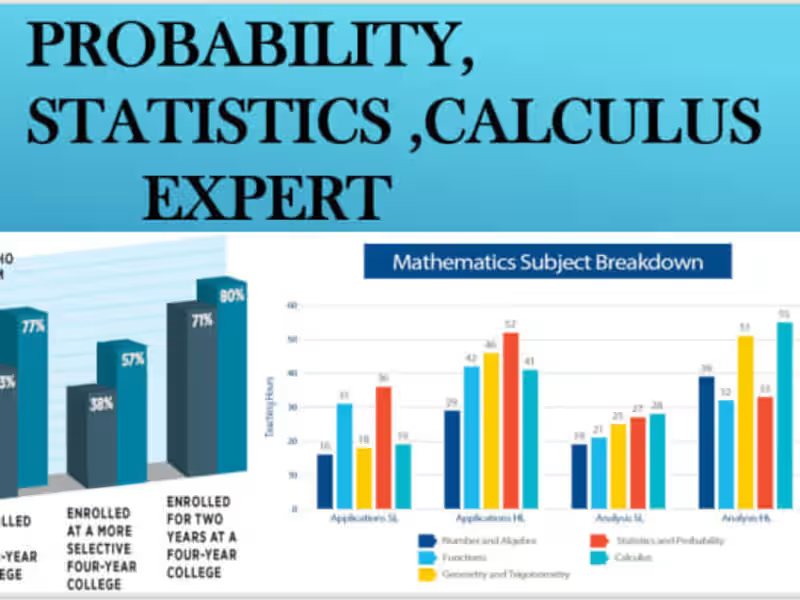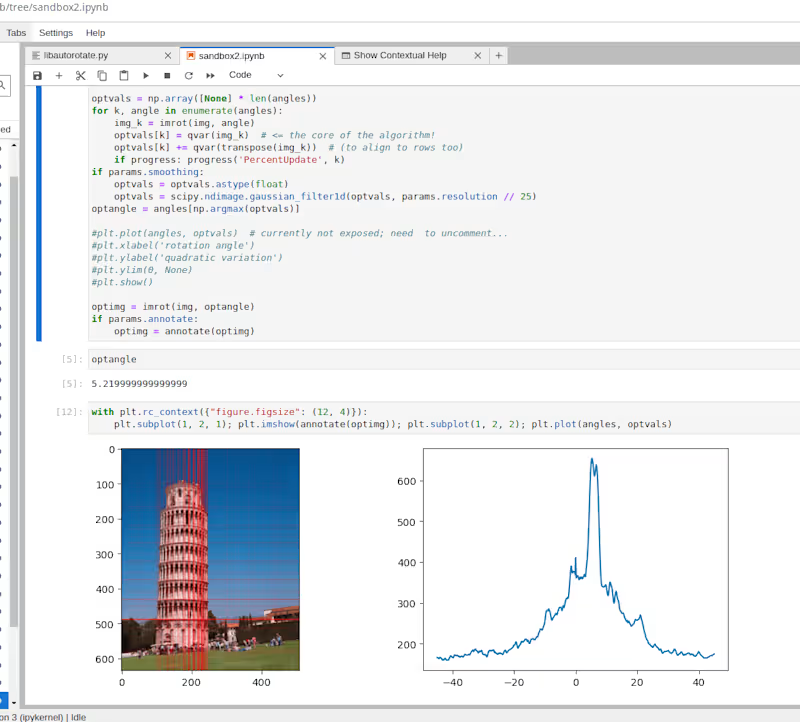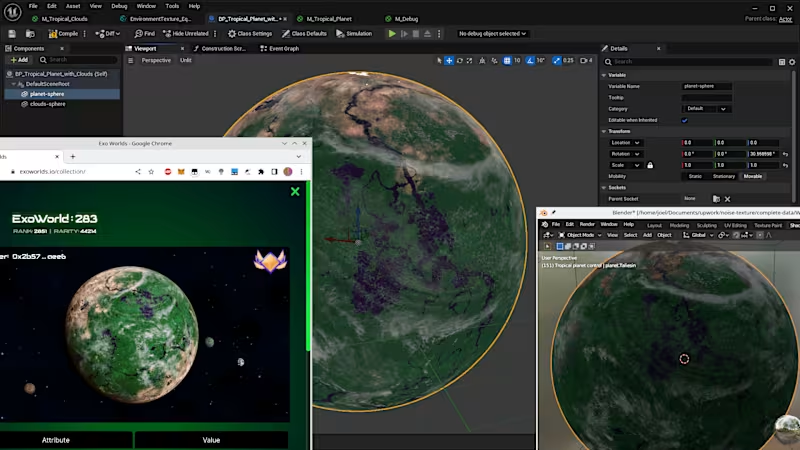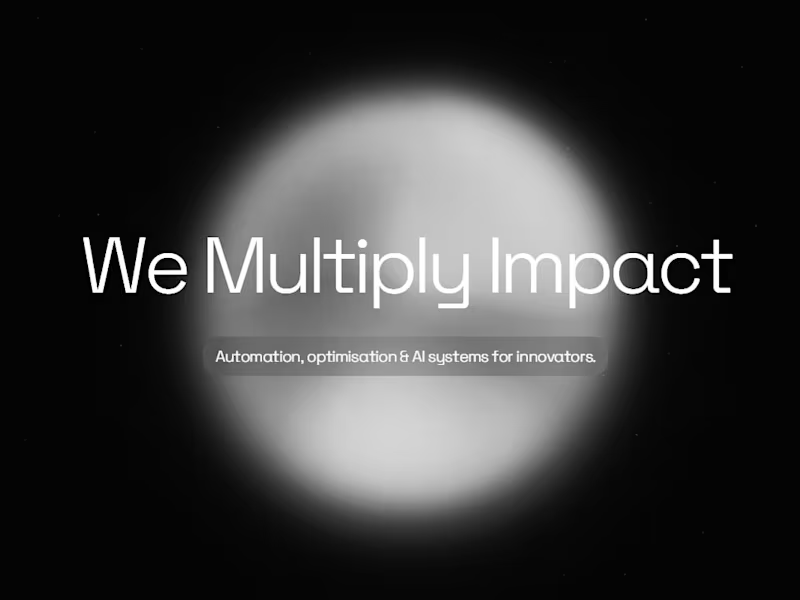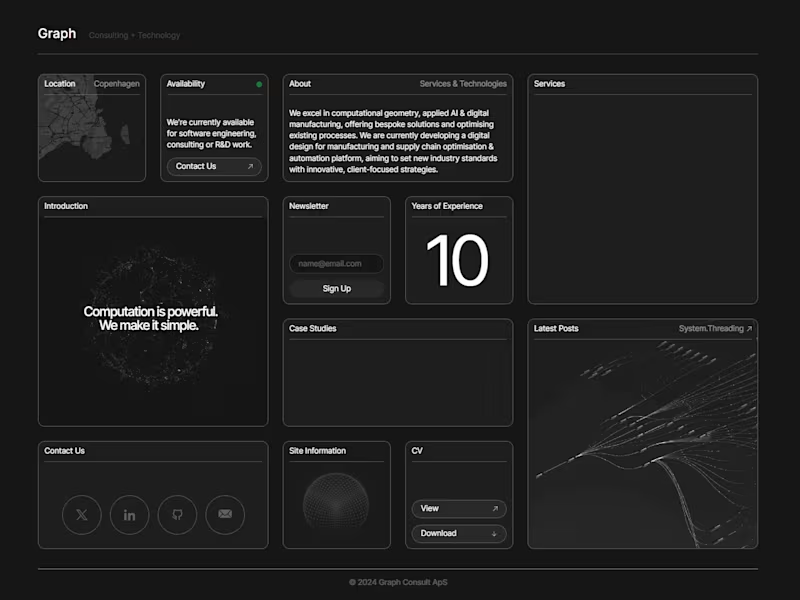Additional resources
Where to Find Mathematicians for Hire
Job Boards Specializing in STEM Talent
Academic Networks and University Career Centers
Professional Mathematics Associations
Remote Work Platforms for Mathematical Expertise
Types of Mathematician Roles Available
Data Scientists and Statistical Analysts
Actuaries and Risk Assessment Specialists
Quantitative Analysts for Finance
Research Mathematicians
Applied Mathematics Consultants
Industries That Hire Mathematicians
Technology and Software Development
Finance and Banking
Healthcare and Pharmaceuticals
Government and Defense
Insurance and Risk Management
Education and Research Institutions
Essential Skills to Look for When Hiring Mathematicians
Core Mathematical Competencies
Programming and Computational Skills
Problem-Solving and Analytical Thinking
Communication and Collaboration Abilities
Domain-Specific Knowledge Requirements
How to Evaluate Mathematical Expertise
Technical Assessment Methods
Portfolio Review Strategies
Interview Questions for Mathematical Roles
Practical Problem-Solving Tests
Salary Expectations for Mathematician Jobs
Entry-Level Mathematician Compensation
Mid-Career Salary Ranges
Senior Mathematician Pay Scales
Regional Salary Variations
Contract vs Full-Time Rate Comparisons
Writing Effective Job Descriptions for Math Jobs
Key Components of Mathematical Job Postings
How to Describe Technical Requirements
Highlighting Growth Opportunities
Remote Work Specifications
Screening and Interview Process for Mathematics Careers
Resume Review Best Practices
Technical Screening Approaches
Behavioral Interview Techniques
Reference Check Strategies
Onboarding Remote Mathematicians
Setting Up Technical Infrastructure
Project Management Tools and Workflows
Communication Protocols
Performance Measurement Systems
Building Long-Term Relationships with Mathematical Talent
Professional Development Opportunities
Retention Strategies for Top Performers
Creating Collaborative Team Environments
Legal and Compliance Considerations
Contract Terms for Mathematical Consultants
Intellectual Property Rights
Data Security Requirements
International Hiring Regulations
Common Challenges When Hiring Mathematicians
Addressing the STEM Talent Shortage
Competing for Top Mathematical Talent
Managing Remote Team Dynamics
Bridging Communication Gaps Between Technical and Non-Technical Teams





































